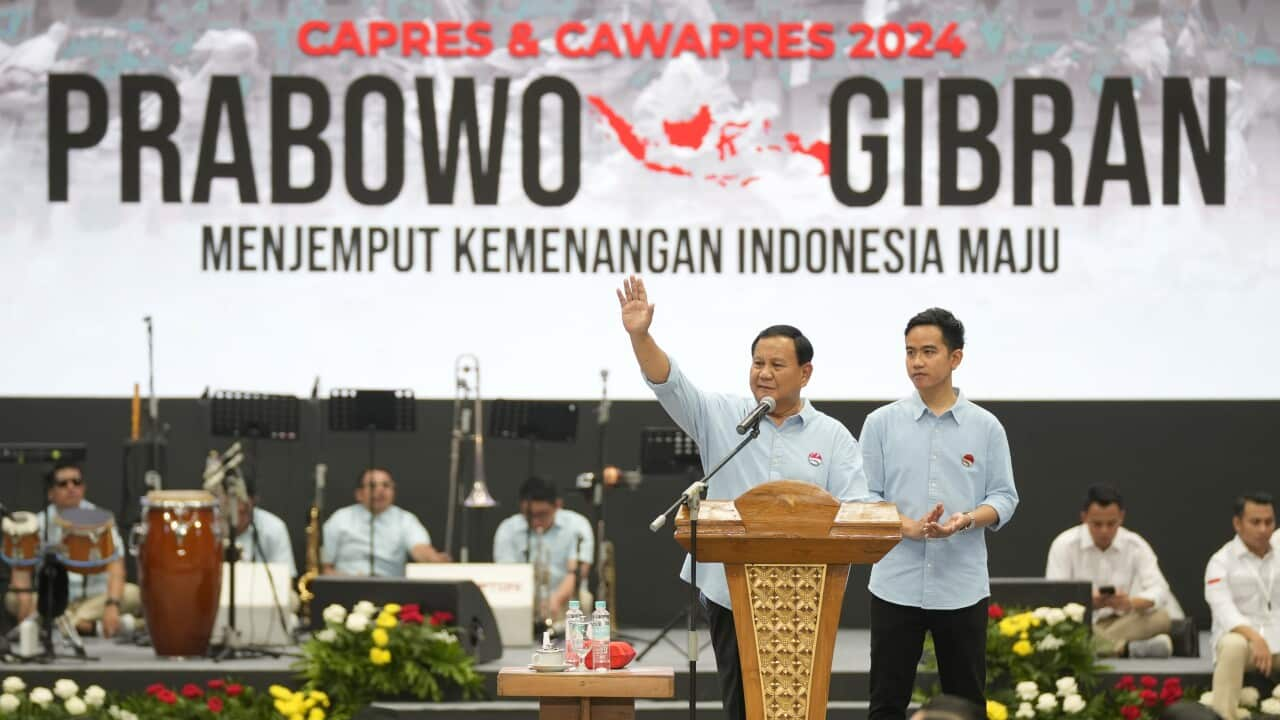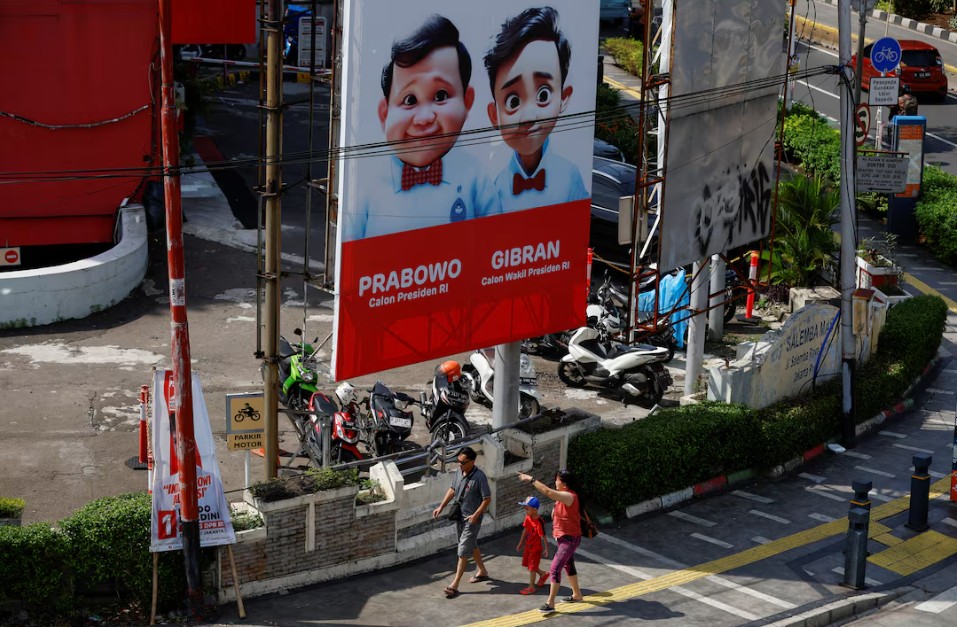Managing a Campaign: How Political Teams Operate in Indonesia – Real Talk & Lessons
JAKARTA, turkeconom.com – Managing a campaign in Indonesia is a complex and dynamic process that involves strategic planning, coordination, and a deep understanding of the political landscape. As the country prepares for elections, political teams play a crucial role in shaping candidates’ public images, mobilizing supporters, and navigating the challenges of the electoral process. In this article, we will delve into how political teams operate in Indonesia, sharing real talk and valuable lessons learned from their experiences.
The Political Landscape in Indonesia

Diversity and Complexity
Indonesia is a vast archipelago with over 17,000 islands and a population of more than 270 million people. This diversity presents unique challenges for political campaigns, as cultural, ethnic, and regional differences must be considered. Political teams must tailor their strategies to resonate with various communities while addressing local issues.
Electoral System
Indonesia employs a multi-party system, which allows for a wide range of political parties and candidates. The electoral process includes legislative elections, presidential elections, and regional elections, each requiring distinct campaign strategies. Understanding the nuances of the electoral system is crucial for effective campaign management.
Key Elements of Managing a Campaign
Strategic Planning
Effective campaign management begins with comprehensive strategic planning. Political teams must:
- Define Objectives: Establish clear goals for the campaign, such as voter outreach targets, fundraising objectives, and key messaging.
- Conduct Research: Analyze voter demographics, preferences, and key issues to inform campaign strategies. This research helps identify target audiences and tailor messages accordingly.
- Develop a Campaign Timeline: Create a detailed timeline that outlines key milestones, events, and deadlines to ensure the campaign stays on track.
Building a Strong Team
A successful campaign relies on a cohesive and skilled team. Key roles within a political team include:
- Campaign Manager: Oversees the overall strategy, coordinates team efforts, and ensures effective communication.
- Communications Director: Manages public relations, media outreach, and messaging to shape the candidate’s image.
- Field Organizers: Mobilize volunteers, coordinate grassroots efforts, and engage with voters directly.
- Fundraising Coordinator: Develops strategies to secure financial support for the campaign.
Voter Engagement
Engaging with voters is a critical aspect of managing a campaign. Political teams employ various strategies to connect with constituents:
- Door-to-Door Campaigning: Personal interactions through door-to-door outreach allow candidates to connect with voters on a personal level, addressing their concerns and building rapport.
- Community Events: Hosting town halls, rallies, and community gatherings fosters engagement and provides opportunities for candidates to listen to constituents.
- Digital Campaigning: Utilizing social media and online platforms is essential in reaching younger voters and expanding the campaign’s reach.
Challenges Faced by Political Teams
Navigating Regulations
Indonesia has specific regulations governing political campaigns, including campaign financing, advertising, and voter outreach. Political teams must navigate these regulations carefully to avoid legal issues and ensure compliance.
Addressing Misinformation
Misinformation and fake news can significantly impact a campaign’s success. Political teams must proactively combat false narratives by:
- Monitoring Media: Keeping track of news coverage and social media conversations to identify and address misinformation promptly.
- Fact-Checking: Providing accurate information to counter false claims and maintain the integrity of the campaign.
Managing Resources
Campaigns often operate with limited resources, making effective resource management crucial. Political teams must prioritize spending, allocate budgets wisely, and maximize volunteer engagement to stretch their resources further.
Lessons Learned from Past Campaigns
Importance of Adaptability
Political campaigns must be adaptable to changing circumstances. Teams should be prepared to adjust strategies based on voter feedback, emerging issues, and unexpected events. Flexibility can make the difference between success and failure.
Building Trust and Credibility
Establishing trust with voters is essential. Candidates who are transparent, authentic, and responsive to constituents’ needs are more likely to gain support. Building credibility through consistent messaging and genuine engagement can enhance a candidate’s reputation.
Leveraging Data and Technology
Utilizing data analytics and technology can significantly improve campaign effectiveness. Political teams should invest in tools that help analyze voter behavior, track engagement, and optimize outreach efforts. Data-driven decision-making enhances campaign strategies and outcomes.
Conclusion
Managing a campaign in Indonesia requires a deep understanding of the political landscape, strategic planning, and effective voter engagement. Political teams face numerous challenges, but by learning from past experiences and adapting to the ever-changing environment, they can navigate the complexities of the electoral process successfully.
As Indonesia continues to evolve politically, the lessons learned from managing campaigns will remain invaluable for future candidates and their teams. By prioritizing transparency, adaptability, and engagement, political teams can foster meaningful connections with voters and drive positive change in their communities.
Sharpen Your Skills: Delve into Our Expertise on Politic
Check Out Our Latest Piece on People Power!











